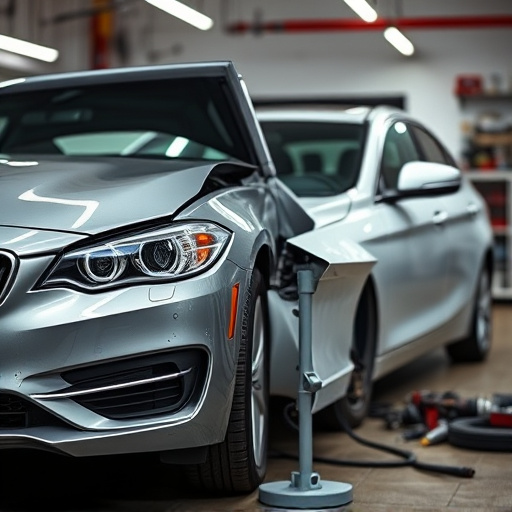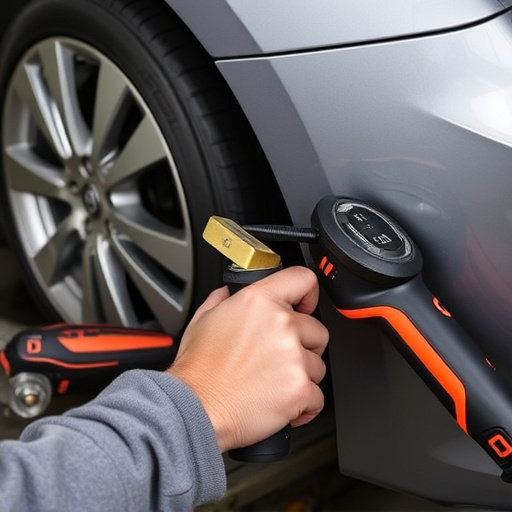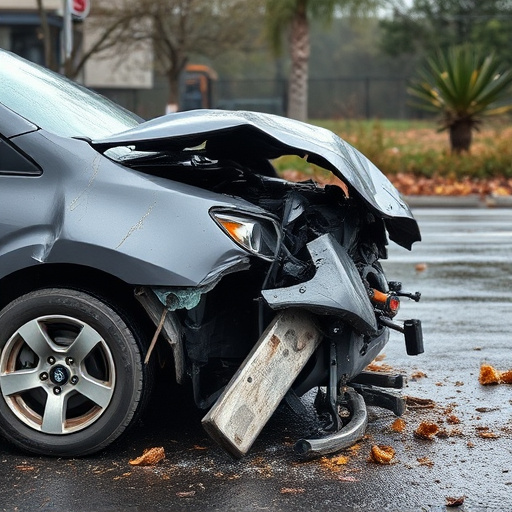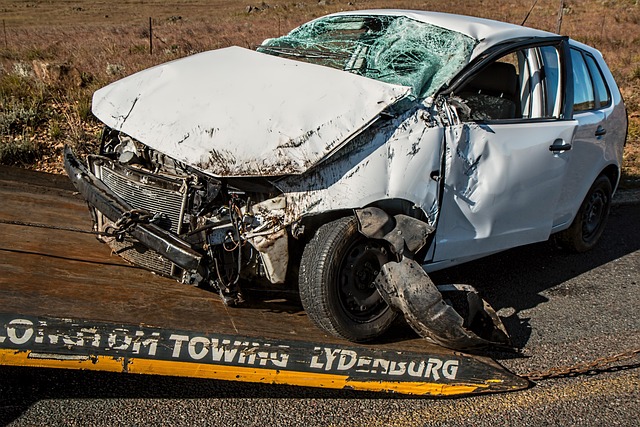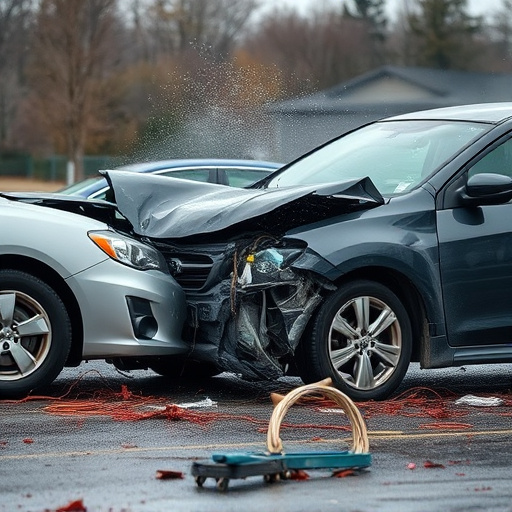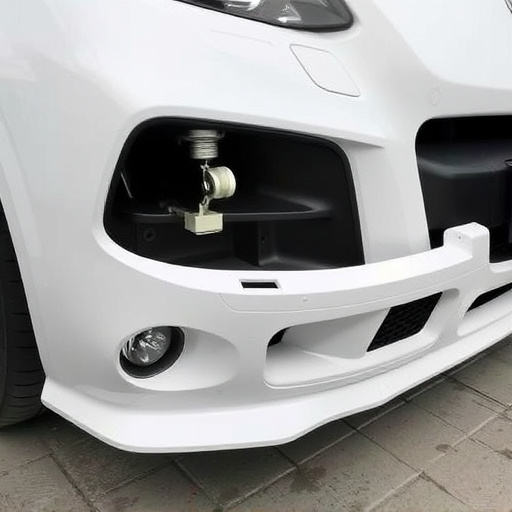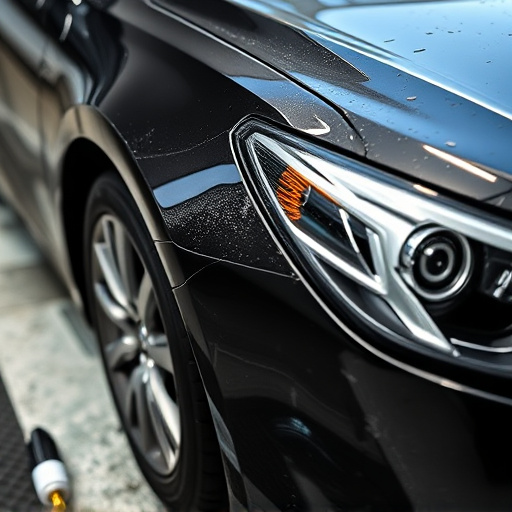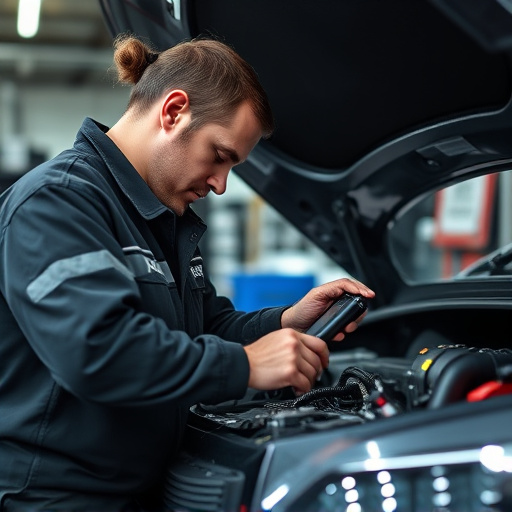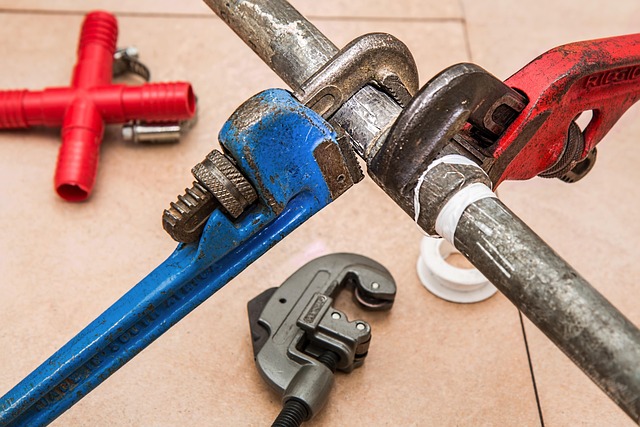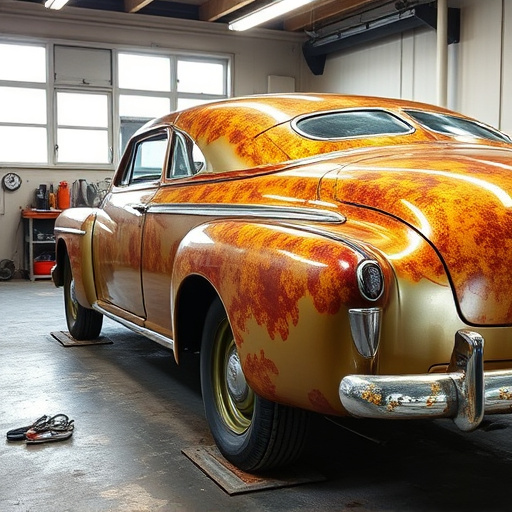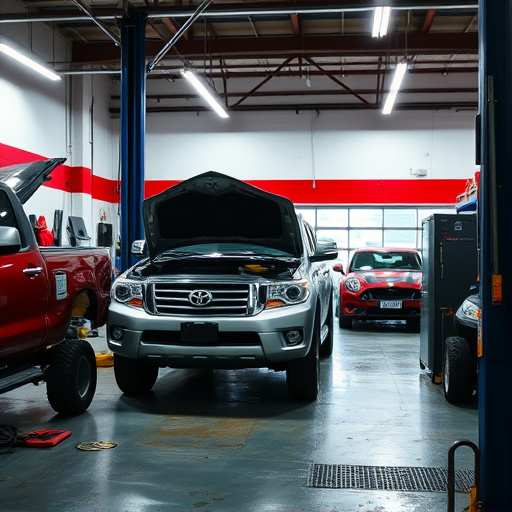Hydraulic frame machines are critical for crash testing in the automotive industry, simulating high-impact collisions to gather essential data on vehicle safety and performance. Regular maintenance, including sensor checks and hydraulic repairs, is vital to ensure accurate test results. Proper upkeep prevents errors that could misjudge structural integrity, thus maintaining crash test integrity and enhancing road safety standards for auto body repair shops and manufacturers.
Frame machine repairs are essential for maintaining crash-test integrity. Hydraulic frame machines, core to simulating real-world collision scenarios, require meticulous care to function optimally. Machine malfunctions can introduce inaccuracies and risks, compromising test results. Regular, high-quality repairs ensure these powerful tools accurately replicate forces and deformations, providing reliable data for vehicle safety development. Invested in proper upkeep significantly enhances the reliability of crash tests.
- Hydraulic Frame Machines: Core to Crash Testing
- Machine Malfunctions: Potential Risks in Crash Tests
- Repairs' Impact: Ensuring Accurate Crash-Test Results
Hydraulic Frame Machines: Core to Crash Testing
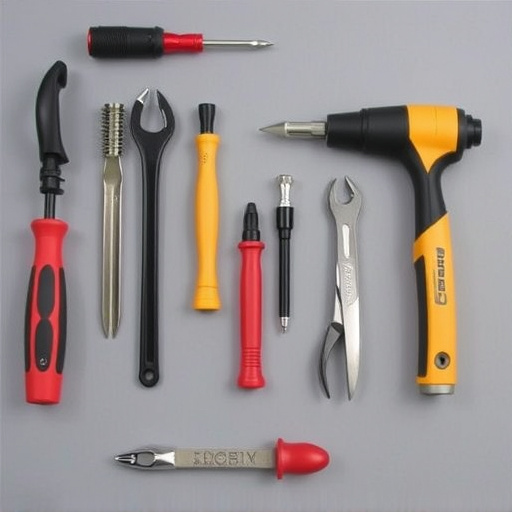
Hydraulic frame machines are the backbone of crash testing in the automotive industry. These sophisticated pieces of equipment simulate high-impact car collisions to ensure vehicle safety and performance. By controlling and measuring forces, torques, and deformations with precision, hydraulic frame machines provide crucial data that guides the design and development of safer cars.
In the event of an accident, such as a car collision or hail damage repair, the integrity of a vehicle’s frame is critical to determining its overall safety and functionality. Regular maintenance and repairs on these machines are essential to maintaining their optimal performance. Automotive repair specialists must frequently inspect and calibrate hydraulic frame machines to mirror real-world conditions accurately, thereby enhancing the effectiveness of crash testing and ultimately saving lives.
Machine Malfunctions: Potential Risks in Crash Tests
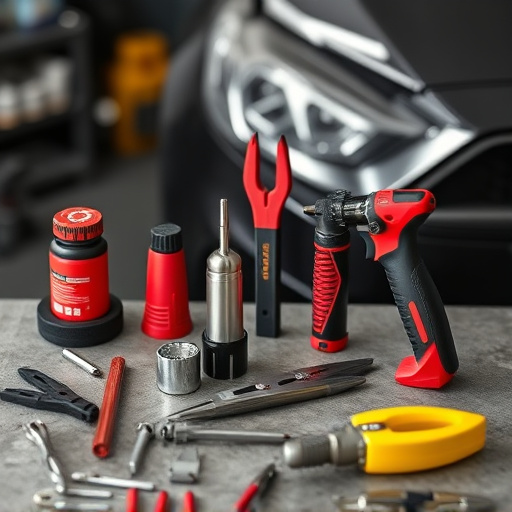
Machine malfunctions in hydraulic frame machines pose significant risks during crash tests. These sophisticated pieces of equipment play a critical role in simulating real-world collision scenarios to ensure vehicle safety. Any malfunction, from sensor errors to hydraulic failures, can lead to inaccurate test results and potentially dangerous outcomes. For instance, if the machine fails to properly replicate the forces involved in a frontal impact, it could result in incorrect assessments of a vehicle’s structural integrity and crumple zones.
Such malfunctions may not only compromise the integrity of the crash tests but also have financial implications for auto body repair shops and vehicle manufacturers alike. Reputable vehicle repair services depend on precise data from these tests to refine their repair techniques and ensure customer safety. Similarly, automotive manufacturers rely on consistent results to meet regulatory standards and design safer vehicles. Therefore, regular maintenance and prompt repairs of hydraulic frame machines are essential to maintain the accuracy and reliability of crash-test performance.
Repairs' Impact: Ensuring Accurate Crash-Test Results
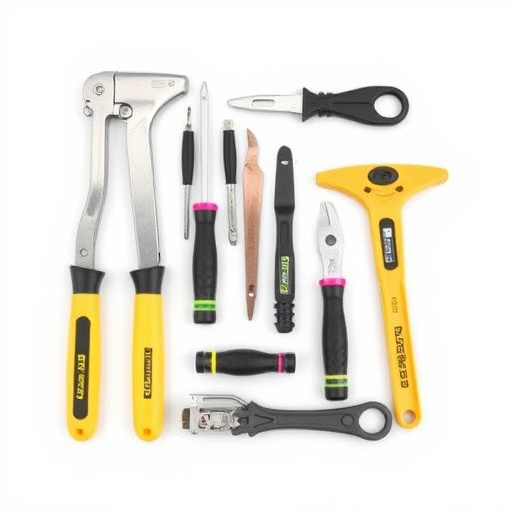
When conducting crash tests, every component of a vehicle must be in optimal condition to ensure accurate and reliable results. One often overlooked aspect is the state of the hydraulic frame machine. Repairs and regular maintenance of this crucial piece of equipment are vital for maintaining the integrity of the test data. A well-maintained hydraulic frame machine ensures that the simulation accurately reflects real-world collision scenarios, enabling car repair shops to make informed decisions regarding safety enhancements.
In a car repair shop, accurate crash-test results are paramount. If the hydraulic frame machine is not properly calibrated or has undergone substandard dent removal and collision damage repair, it can introduce errors into the test outcomes. This could lead to misjudged structural weaknesses or strengths, potentially compromising the vehicle’s overall safety rating. Thus, investing in meticulous frame machine repairs is essential for upholding the integrity of crash-test performance and ultimately, for enhancing road safety standards.
Machine repairs are indispensable for maintaining the integrity and accuracy of crash tests. Hydraulic frame machines, being the backbone of these tests, require meticulous care and regular upkeep. Any malfunction can introduce inaccuracies, compromising the reliability of results. By addressing issues promptly, repair services ensure that these machines function optimally, thereby facilitating precise simulations for vehicle safety assessments. This, in turn, safeguards lives on the road by enabling manufacturers to make informed decisions about design improvements and safety feature enhancements.
